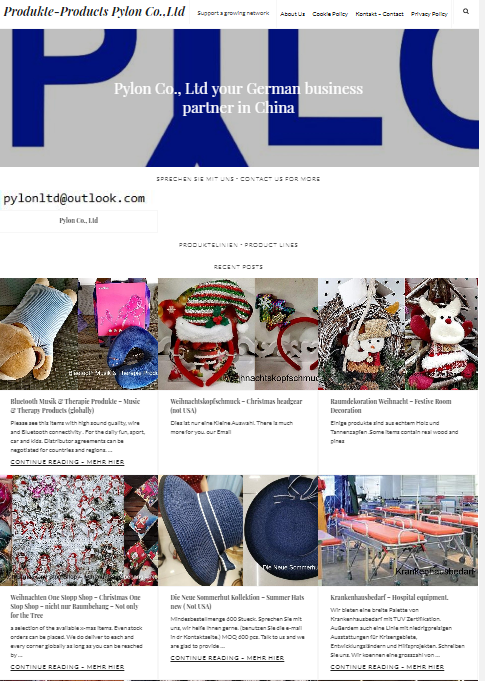Ningbo Port container throughput up 8% y/y
- Details
- Category: Governmental News
- Published: Tuesday, 23 October 2012 14:17
Ningbo Port is maintaining a steady growth despite the economic slowdown, data issued by the port's operator showed. Ningbo Port saw a cargo throughput of 39.5 million tons in September, a year-on-year growth of 8.5 percent, and a container throughput of 1.47 million TEUs, an increase of 16.5 percent year-on-year. The total container throughput in 2012 hit 11.97 million TEUs, an increase of 8 percent over the previous year, leading China's other ports in terms of growth rate.
Facing the complicated economic situation at home and abroad, Ningbo Port accelerated the pace of transformation and upgrading, and enlarged cargo canvassing network. All of the four major types cargo it handles (coal, crude oil, ores, liquid chemicals) registered growth on a yearly basis. Meanwhile, Ningbo Port makes effort to boost the development of the port container transportation by seeking cooperation with large shipping companies and big customers. The port also promotes their service by opening new routes and adding more flights. Ningbo Port has currently a total of 235 container routes, with 1,600 container flights per month. Data shows, 70 percent of the total container throughput was contributed by ocean routes, which marks Ningbo Port is turning to be a top port on ocean routes.
Plus, Ningbo Port is improving the service efficiency of container operations. On September 4, Beilun Terminal once again refreshed the world record maintained by the Ningbo Port by loading/unloading 235 containers per hour, or three containers per minute. Ningbo Port has been maintaining its first place in the efficiency rankings released by the world largest shipping company Maersk since last October.









